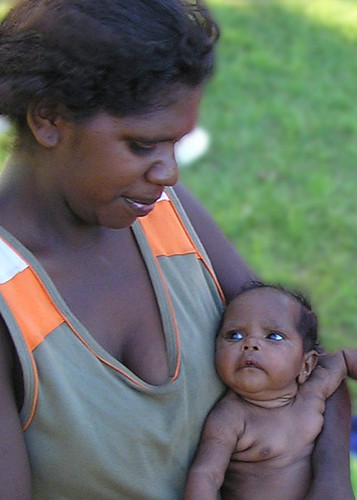The young woman was walking with her husband along a Baghdad street when she was abducted, held captive and raped repeatedly by five militia men for several days.
"Before, she was very proud of her body but now she is overweight -- she eats to protect herself and not to attract people," says therapist Sana Hamzeh about her 27-year-old Iraqi patient, who recently escaped to Lebanon as a refugee.
"When she first came here she hated her body and was very isolated. She could not touch her husband. She sat rigidly, clenched; she could not relax or talk about her feelings."
Hamzeh works at the recently opened Restart centre in Beirut, a charity funded by the United Nations High Commissioner for Human Rights (UNHCR) that provides free therapy and psychological therapy rehabilitation for up to 70 mostly Iraqi refugees who are victims of torture. The centre also gathers documentation to help argue their case for asylum.
The centre is a brief respite for a few Iraqis fleeing torture, death sentences and the grinding violence of daily life back home. But they arrive in Lebanon only to find themselves dangerously illegal, and subject to discrimination and exploitation. Few can find counselling and support.

X tally Iraq
Originally uploaded by Natasha Mayers
Mohammed, a refugee in his late 20s, is a particularly hard off case. "He came to our centre for psychological treatment but had no money to eat, or a place to sleep -- so how could we deal with his psychological suffering?" asks Jabbour. "We arranged a place to sleep for him on a personal level. Usually UNHCR has other partners who do this."
A patient of Hamzeh's, Mohammed was a former bodyguard for Saddam Hussein and was later imprisoned by the U.S.-led coalition. "He suffered torture, unbelievable torture -- they gouged out one of his eyes, and he can't walk properly," she says. "He is very, very depressed. Every time I see him I don't know if it's the last, because he's suicidal. But he's also religious and feels that suicide will condemn him to hell, so for this reason he stays alive." Hamzeh looks down at the ground. "Every day I think about him." <Article>
More Iraq news from IPS





